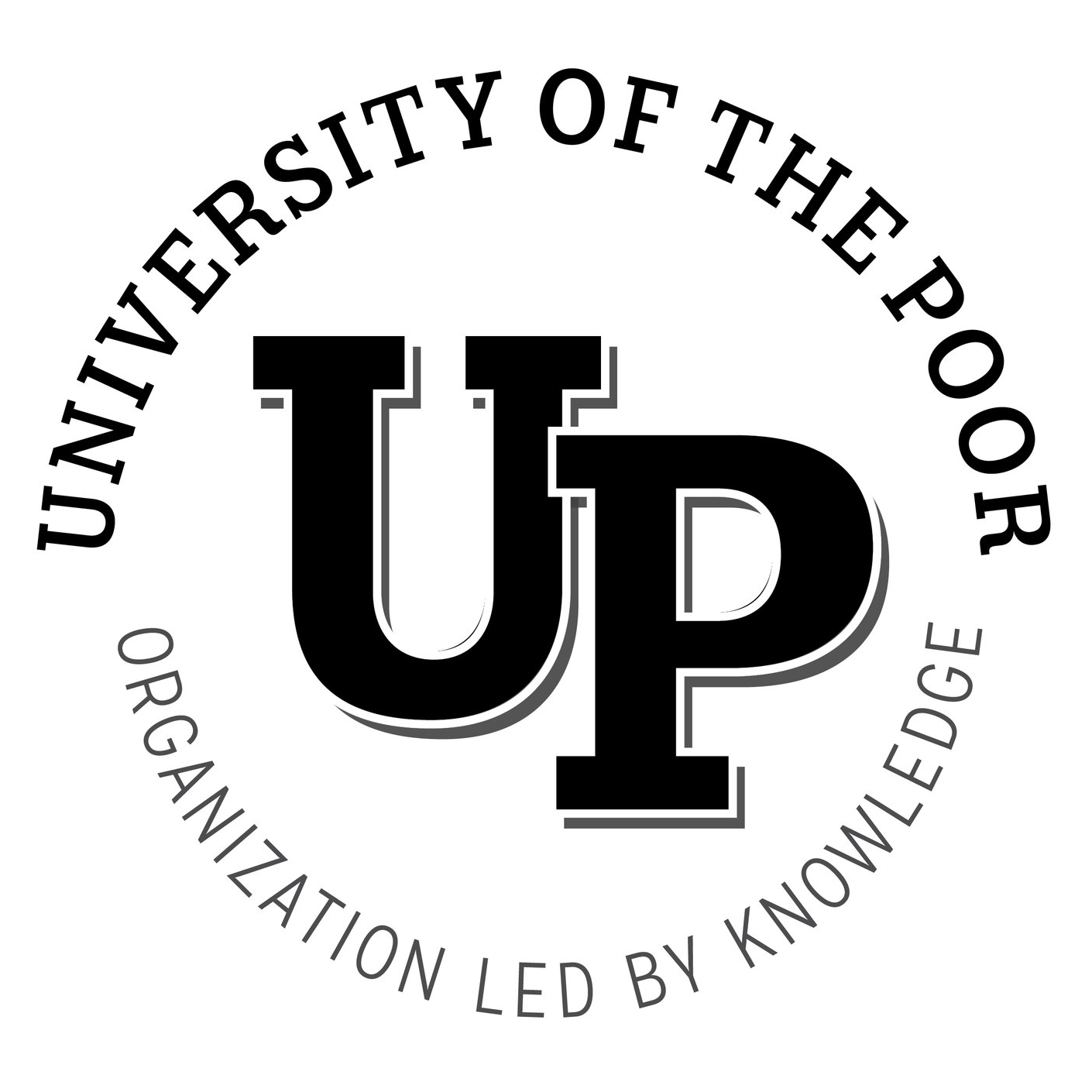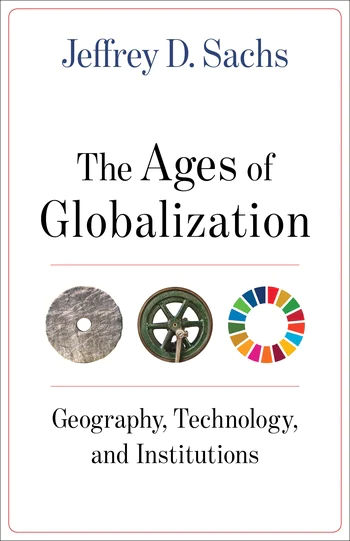“To be radical is to grasp the root of the matter. But, for man, the root is man himself.” —Karl Marx In 2014, I managed a seemingly crazy move, against all odds, and with literally no chance of success: I ran for governor in the most populous, costliest, and economically divided state in the country, California. I decided to do this at a time when every political party and movement in the U.S. was steeped in crisis. When society was rent with irreparable economic and political ruptures, including a massive mortgage and financial calamity that began in 2008. When archaic
All Posts - Page 2
The following is a transcribed conversation between members of the University of the Poor’s History & Political Strategy Team, who facilitate studies on moments of history, in particular Lessons from the Movement to End Slavery and W.E.B. Du Bois’s Black Reconstruction in America. The members of the team present for the conversation were Kevin Kang, CIara Taylor, John Wessel-McCoy, Phil Wider and Willie Baptist. It has been edited for length and clarity. Kevin: The conversation is centered around the theme of political polarization and political independence, and what history, particularly the movement to end slavery and the period of Reconstruction,
In presenting this issue of the University of the Poor Journal, we consider the possibilities and challenges for political independence of the poor and dispossessed in the U.S. In his piece, Dan Jones affirms that the movement for political independence of the poor and dispossessed has “always faced its greatest obstacles in the U.S. South and in particular the Black Belt, the home soil of the ideology of all-white all-class unity…The central battleground for the political independence of our class is in the South today.” Current struggles to organize the poor and dispossessed in the South, such as the fight
History teaches us that to win one must concentrate your strength against your enemy’s weak points. Ongoing campaigns, which are coordinated series of interconnected, repeated, protracted, and multifaceted forms of actions, must be thrown at those points of vulnerability when and where they are discerned and located.
Sachs' professional trajectory shows us that he has been an important organic intellectual for the ruling class for 40 years. With this understanding, we must evaluate him as not just an individual sharing his personal views, but rather see him as a representative of a ruling minority of society that requires a particular framing of past and present to maintain its power.
The many uses of symbols, the arts, and other cultural forms have become more prominent, penetrating, and powerful weapons of struggle in this new era of netwar. They have become indispensable components of political strategy. Cultural, religious, and patriotic symbols, songs, and slogans continue even more so to play a major role of either maintaining or defeating the critical ideological fortresses on the mental terrain of the masses of people.
By Willie Baptist, Charon Hribar, and John Wessel-McCoy This is part 4 of a six-part series published by The Journal of the University of the Poor. Read Part 3. The mind is a politically contested terrain. It is the main theatre or battlefield of every form of social conflict, military and non-military. At the same time, it is the most powerful weapon out of which all other weapons or means of struggle are formed and wielded. In this conflict and with this weapon, knowing your enemy and knowing yourself so as to outfight by outsmarting the enemy means as Sun Tzu
By Nijmie Dzurinko and Iaan Reynolds Organizing to fundamentally change society is a monumental task. It requires a lot of us as individuals—in particular because it is a collective project. In order to do this collective work we must be able to do our individual tasks as well as combine our efforts to design and implement processes—determining the order of operations and solving problems along the way. We must coordinate others and be coordinated; keep our eyes on the whole as well as the individual parts; check in with, support, and hold people accountable. We have to be willing to
Historically, beginning with their inception, economic class-based societies have been defined and pervaded by major and minor, open and hidden conflicts. Even in prehistoric times conflicts have often interrupted primitive tribal societies. They have assumed many forms of struggle and organization—military, economic (i.e., commercial competition, speculation, trade wars, economic blockades, boycotts, lockouts and strikes), and political (electoral campaigns, protests, pre-war diplomatic maneuvers and revolutions) or of any combinations of these forms. Whatever forms these conflicts have taken, they have all been mediated through the mental terrain upon which the old ideas, belief systems, public opinions and political wills have been established.
By Nijmie Zakkiyyah Dzurinko Remarks given to the University of the Poor’s inaugural Cadre Course and Organizing Campaign, August 2020 Why do we need the University of the Poor, a cadre organization? I think that we all know that uniting our class is the most difficult thing that we have to do. To situate myself: I fell into this stuff just through my own life experience. The way that I grew up, the way that I was raised. I just was constantly asking why and trying to figure out what was going on around me. And thankfully, I understood that
The basic conflicts between old and new ideas are what the struggle for social change is all about. Objective changes in the material conditions of our lives and our response to those conditions make the social struggle a school. This means we as leaders must teach as we fight, learn as we lead, educate as we organize, talk as we walk. This is our indispensable role as leaders in contributing to how objective developments in human history are consciously fought out, to the changing of minds.
This revolutionary moment
If history had a soundtrack, we’d be in a loud part. It might sound like a red alert on the Starship Enterprise. The cracks in the dam are starting to open. All systems are failing. 140 million people are poor. ICU’s are overwhelmed by the global COVID-19 pandemic and the
While the ruling class are not the only people for whom Black lives don’t matter, they are the class that has the POWER to ensure that Black lives don’t matter (and the class that controls the state and the police). Which should make them the focus of our attention, for all who are committed to MAKING Black lives matter.

